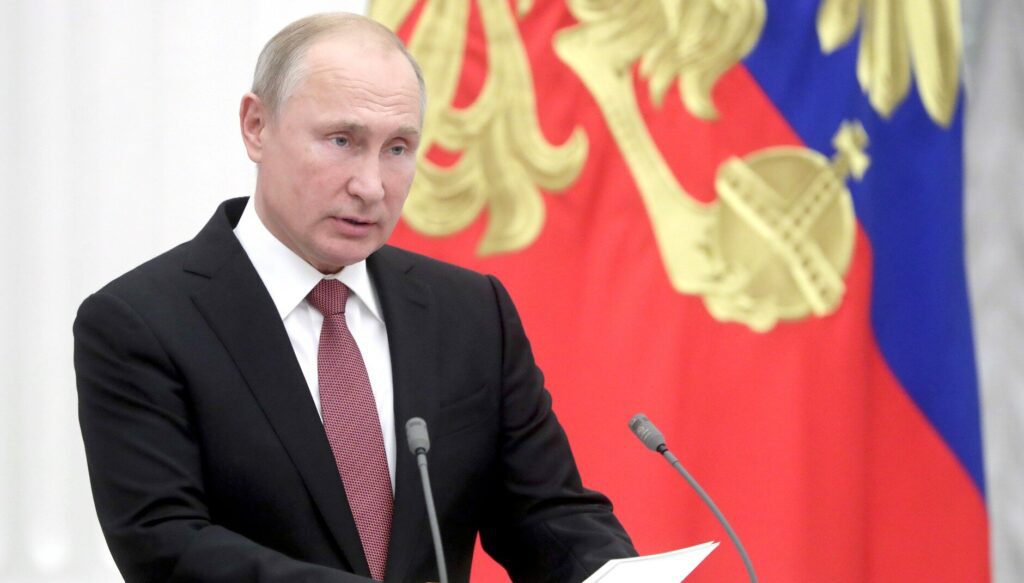The development and presence of nuclear weapons have had a profound impact on global security since their creation in the 1940s. The potential for catastrophic destruction and loss of life from the use of these weapons has led to international efforts to prevent their proliferation and use. The current nuclear powers, along with international agreements such as the NPT and CTBT, aim to limit the spread of nuclear weapons and prevent nuclear war. The threat of nuclear war continues to shape international relations and strategies for defense and deterrence. Despite ongoing efforts, the challenge of nuclear weapons remains a significant concern in the realm of global security.
The Impact of Nuclear Weapons on Global Security
Introduction
Nuclear weapons have been a constant presence in global affairs since the development of the first atomic bomb in the 1940s. The use of nuclear weapons has the potential to cause catastrophic destruction and loss of life on a scale unlike any other weapon. This has led to a complex web of international agreements and organizations aimed at preventing the proliferation and use of nuclear weapons.
Nuclear Weapons Proliferation
One of the key concerns surrounding nuclear weapons is the proliferation of these weapons to additional countries. The current nuclear powers are the United States, Russia, China, France, the United Kingdom, India, Pakistan, and North Korea. These countries have developed and tested nuclear weapons, and some have signed on to international treaties aimed at limiting the spread of nuclear weapons.
Threat of Nuclear War
The threat of nuclear war is a constant concern in global security. The use of nuclear weapons in a conflict between nuclear-armed states could have devastating consequences, leading to widespread destruction and loss of life. The possibility of a nuclear exchange also raises the specter of a nuclear winter, in which smoke and soot from nuclear explosions could block out sunlight, leading to a global drop in temperature and widespread famine.
International Agreements
To address the threat of nuclear weapons, a number of international agreements have been put in place. The Treaty on the Non-Proliferation of Nuclear Weapons (NPT) is the cornerstone of international efforts to prevent the spread of nuclear weapons. The Comprehensive Nuclear-Test-Ban Treaty (CTBT) bans all nuclear explosions, whether for civilian or military purposes.
Impact on Global Security
The presence of nuclear weapons has a significant impact on global security. The threat of nuclear war has shaped the way that countries interact with one another, leading to a focus on deterrence and defense. The possession of nuclear weapons can also be a factor in how countries are perceived by the international community, with nuclear-armed states often viewed as more powerful and influential.
Conclusion
Nuclear weapons have a profound impact on global security, shaping the way that nations interact with each other and the strategies they use to ensure their own safety. Efforts to prevent the proliferation of nuclear weapons and reduce the risk of nuclear war are ongoing, but the threat of nuclear weapons remains a significant challenge in the realm of global security.
